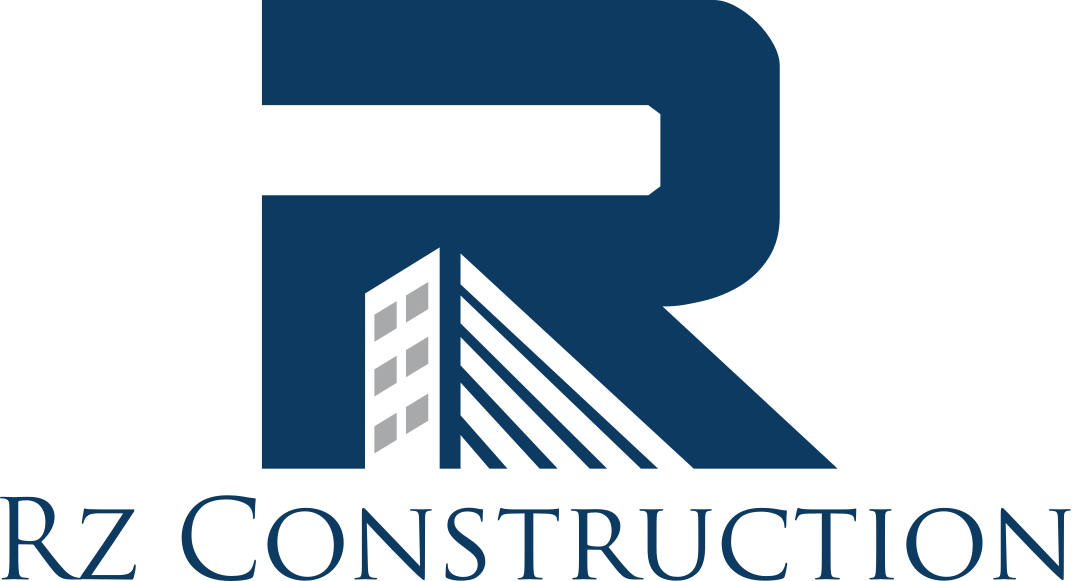Tripping up over cracks in your own driveway or your walkway, is no laughing matter, and when someone else trips over on them, it could have serious repercussions for you. But while it isn’t uncommon for the concrete outside a property to shift over time and eventually crack, it can also crack inside your home and cause problems for the foundation, particularly if your home has been built on top of a concrete slab.
Concrete cracks outside of the home are one thing, but cracks inside the home can go on to affect the very integrity of the structure, and should be assessed by a professional masonry contractor and repaired at the earliest.
Below are 3 common causes of concrete cracks requiring repairs:
- Shrinkage
Concrete can shrink when drying, and when it does, it inevitably leaves a gap that can start off at 30cms, and which goes on to cause cracks. How often the cracks appear and what size they are is largely determined and offset by the number of steel reinforcements, and embedded structural joints.
2. Deformations
Even when concrete has dried completely, it is still susceptible to change, and during a 5 to 10 year period following completion of a structure, elastic creep deformations can appear in the concrete. In some instances, such deformations have been known to reduce the height of buildings significantly, and cause irreversible changes on any number of floors within the structure. These changes should be accounted for during the initial construction, by adding horizontal control joints. But, if serious deformations take place, floors can start to crack which can then go on to affect the exterior brickwork.
3. Temperature and moisture
When temperatures fluctuate, concrete expands and contracts, and expansion joints should be used during construction to minimize the impact of this. However, these precautions aren’t always enough to prevent cracks from appearing during rapid seasonal changes, and the material will alter when exposed to moisture, too. When humidity levels are high, and when conditions are dry, huge variations in expansion and contraction can take place.
Why should you get cracked concrete repaired?
There are a number of reasons why it makes sense to address cracked concrete as soon as it appears, and here’s why:
- To enhance your home’s curb appeal
Cracks in concrete around and inside your home look ugly, and are indicative of a property that hasn’t been well cared for. If you’re trying to sell your home, cracked concrete will deter many scrupulous buyers.
- To prevent hazards
Concrete surfaces that are uneven due to cracks are very unsafe, and not just for seniors or anyone with mobility issues. Fixing the cracks keeps everyone safe, and you out of trouble.
- To stop the problem from worsening
The longer you wait to have your cracked concrete repaired by a local masonry contractor, the worse the problem will get, and the more expense it will cost you when you eventually do have it repaired.
- To prevent problems in your home
If there is an issue with your foundation and the concrete slab your home was built on is cracked, you might find it difficult to open or close doors and windows, and it can lead to cracking in other areas of your home.
Concrete can, and often does crack, but it’s important not to ignore the issue when first spotted, and to seek guidance from a local masonry contractor immediately.
